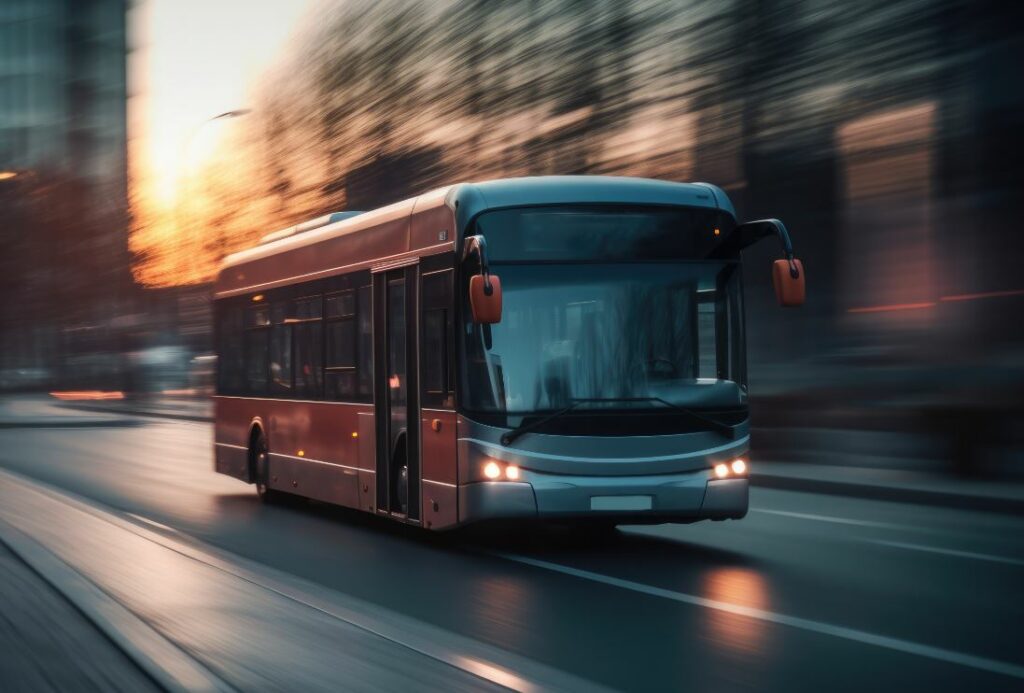Ballard Power Systems announced that it has received multiple purchase orders for a total of 62 hydrogen fuel cell engines from its long-standing customer, Solaris Bus & Coach.
Solaris, a renowned European bus manufacturer, is at the forefront of deploying hydrogen-powered city buses across the continent, marking a major step in the broader transition to clean and sustainable urban transit systems.
These hydrogen fuel cell engines will be utilized to power buses primarily in Germany and Poland, countries that have been actively exploring hydrogen as a clean energy source for public transportation. The majority of these fuel cell engines are expected to be delivered in 2024, signifying a strong commitment to advancing the hydrogen bus infrastructure in these European nations.
To date, Solaris has already ordered close to 350 hydrogen fuel cell engines in 2023, marking significant growth in its efforts to transition towards hydrogen-powered public transportation. This substantial order activity from Solaris is indicative of the increasing momentum in the hydrogen fuel cell bus sector.
David Mucciacciaro, the Chief Commercial Officer of Ballard, emphasized the growing market understanding of the advantages offered by fuel cell buses. These benefits include extended range, rapid refueling times, operating practices akin to traditional diesel buses, and the scalability of the supporting hydrogen infrastructure. This has propelled the adoption of hydrogen fuel cell buses in Europe, and Solaris stands at the forefront of this clean transit revolution.
The order of 62 hydrogen fuel cell engines by Solaris underscores the growing interest in and commitment to hydrogen as an eco-friendly fuel source for public transportation. As nations across Europe strive to reduce carbon emissions and promote sustainable mobility, hydrogen-powered buses have emerged as a practical and efficient solution.
Notably, the ability of these buses to achieve substantial operating ranges on a single tank of hydrogen, along with swift refueling times, makes them a competitive alternative to traditional diesel-powered buses. Moreover, hydrogen fuel cells offer the advantage of zero emissions at the tailpipe, contributing to cleaner and healthier urban environments.
The European hydrogen bus market is experiencing a significant boost, with public transit authorities, municipalities, and manufacturers recognizing the pivotal role hydrogen fuel cell technology can play in reducing the environmental footprint of urban transportation.
The collaboration between Solaris and Ballard Power Systems exemplifies the commitment of both companies to revolutionize the public transportation landscape in Europe. The continuous growth in hydrogen fuel cell orders reflects the shared vision of creating a more sustainable and eco-friendly future for urban transit.
As these buses become more prevalent on European roads, they not only contribute to cleaner air and reduced greenhouse gas emissions but also serve as a testament to the innovation and progress that can be achieved in the field of sustainable mobility.
The purchase orders from Solaris for 62 hydrogen fuel cell engines signify a notable stride in the transition to hydrogen-powered buses in Europe. It is a testament to the capabilities of fuel cell technology and its potential to revolutionize public transportation, reducing its environmental impact while maintaining operational efficiency.
As the orders are fulfilled and these buses start ferrying passengers, they represent a promising step towards greener, more sustainable urban transit systems. The momentum behind hydrogen-powered buses is building, and with Solaris at the forefront, Europe is driving towards a cleaner, more eco-friendly future in public transportation.





